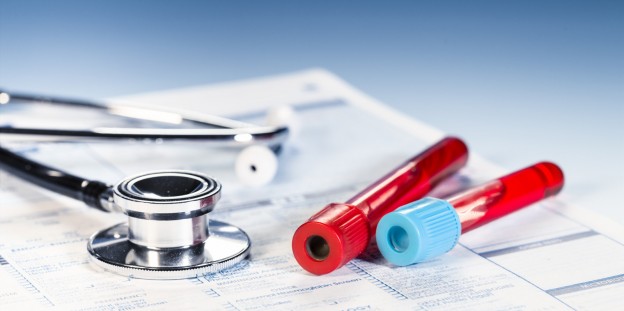Many of the women that I see every day feel like there is a problem with their hormones, however, they’ve been to their family doctor who has told them that their hormone levels are “fine”. These women are suffering from infertility, hair loss, irregular periods, excessive facial or body hair, acne, peri-menopause, mood swings, low libido and PCOS, all of which are fairly obvious signs of hormone imbalance.
Here’s why you may be told that your hormones are “fine” when they’re actually not:
1. Countless patients haven’t even had the tip of the iceberg measured when it comes to their hormones. They’ve been trying to conceive for 3 years, yet no one has ever thoroughly measured their hormones. They’ve never had testosterone, DHEAs, androstenedione, and DHT measured. These are all hormones that can impact fertility.
2. Hormones vary from day to day and certain ones are really only clinically relevant at certain points of the menstrual cycle, but no one specified what day to have them measured. LH, FSH and estradiol should be measured on day 3 of a menstrual cycle. Progesterone should be measured 7 days post ovulation. If there is a hormone related problem, the relevant hormones should probably be measured more than once to confirm if they’re normal or not.
3. Hormone “normal” ranges are actually “abnormal” ranges. The lab ranges for hormones are particularly unreliable as indicators of good hormonal health. As a lab insider (I worked in one for 20 years), I know how normal ranges are set. Lab technologists average the results from a given number of samples and the average of those samples becomes the “normal” range. The problem with this is that doctors only order hormone blood work from people with a hormone related condition like infertility, hair loss, irregular periods, excessive facial or body hair, acne, peri-menopause, mood swings, and low libido. So if you average the results of an abnormal population and then call that your normal range, what you’ve actually got is an “abnormal range” and abnormal people will fit nicely into it so that their results look “normal” even though they clearly have a hormone related problem.
When I’m looking a patient’s blood work, I use my own optimal range, rather than the lab’s abnormal range to interpret whether the hormone blood tests are normal or not. I also like to see thorough hormone blood work and have it done at specific points in the menstrual cycle.
